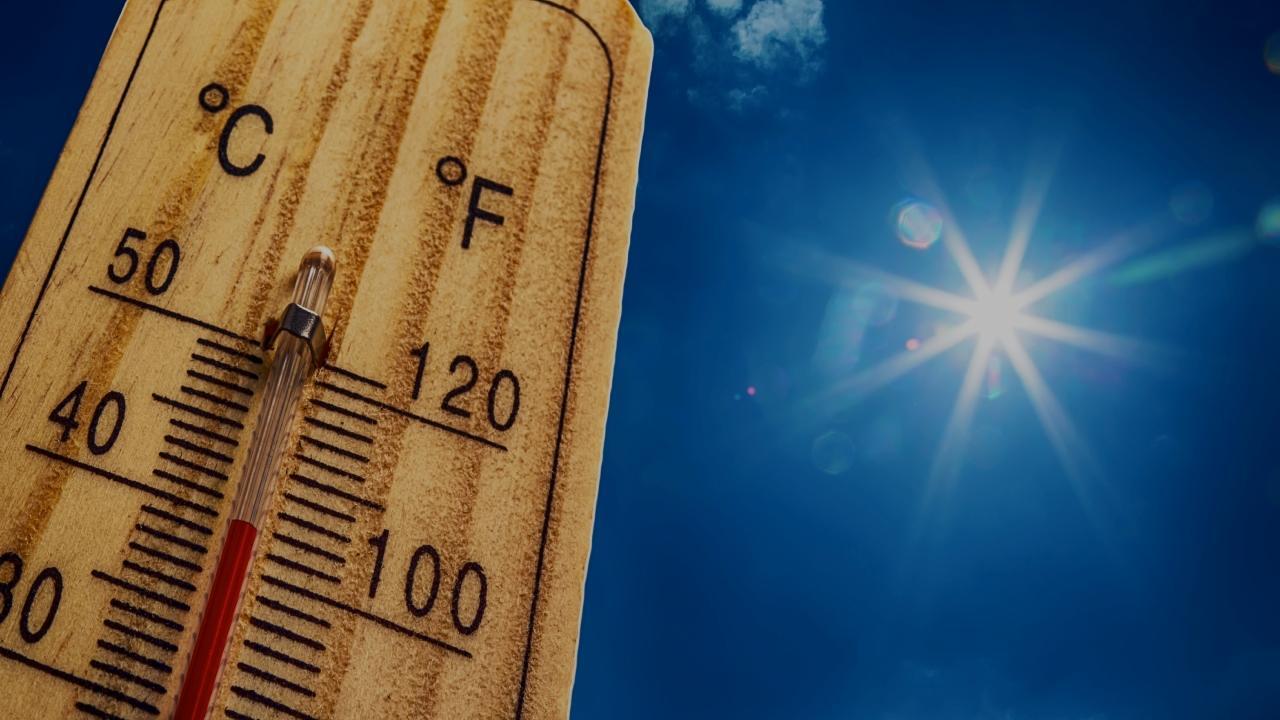
As temperature is being witnessed to constantly rise in parts of Maharashtra including Mumbai since the beginning of March, concerns about the impact of heat waves on public health have grown. Heat waves, termed silent disasters, have a negative impact on inhabitants` well-being, especially during the pre-monsoon and summer seasons. With the mercury rising, authorities are preparing to address the potential health risks associated with extended exposure to high temperatures, the Brihanmumbai Municipal Corporation (BMC) said in a statement.
The Commissioner of Health Services, Maharashtra and Campaign Director of Rashtriya Arogya Abhiyan, Maharashtra During a recent review meeting on March 15, 2024, the officials underlined the need of taking preventive measures. The officials stated the importance of proactive planning as they addressed measures to limit the consequences of heat-related ailments in hospitals and communities, the statement said.
Heat stroke, a severe heat-related illness, can result from prolonged exposure to high temperatures, particularly in environments with poor ventilation or tight clothing. Symptoms include fatigue, dry skin, loss of appetite, dizziness, and blurred vision. Left untreated, heat stroke can lead to complications such as increased blood pressure, mental illness, and dehydration, an official statement said on Thursday.
The authorities have prescribed a number of precautionary steps to mitigate the hazards connected with heat waves for the citizens. Individuals working outdoors or in high-temperature locations, such as boiler rooms or glass manufacturing, should take frequent breaks and stay hydrated. Maintaining a cool environment with fans, coolers, or air conditioning can also assist reduce heat, the statement said.
Heat stroke or heat-related symptoms must be treated as soon as possible. To reduce body temperature, relocate them to a cool environment, offer them cold water to drink, and cover them with damp cloths. Intravenous saline can be given as needed to replace fluids and electrolytes.
The authorities are stepping up efforts to enhance public awareness of heat-related ailments and preventive measures. Educational campaigns and outreach programs attempt to provide residents with the knowledge and resources they need to protect themselves and their families during high heat.
The authorities have suggested to wear loose, airy clothing to enhance ventilation and avoid overheating. Creating a cool environment in the home with the use of coolers, fans, and air conditioning helps to preserve comfort and reduce heat-related stress.
In addition to external therapies, dietary changes are critical in managing heat-related illnesses. Avoiding alcohol, tea, coffee, and soft drinks helps to prevent dehydration, while reducing your consumption of protein-rich and heavy foods eases the strain on the digestive system.
#Heat #wave #advisory #issued #citizens #temperature #rises #parts #state